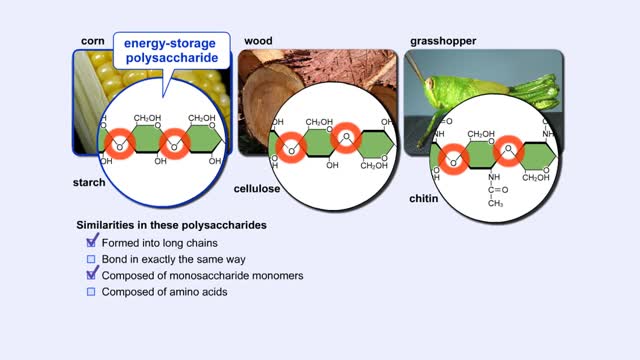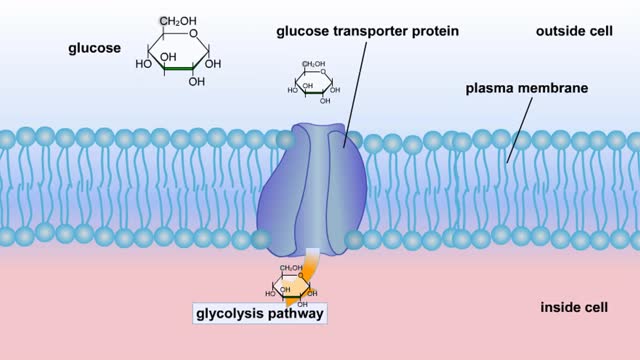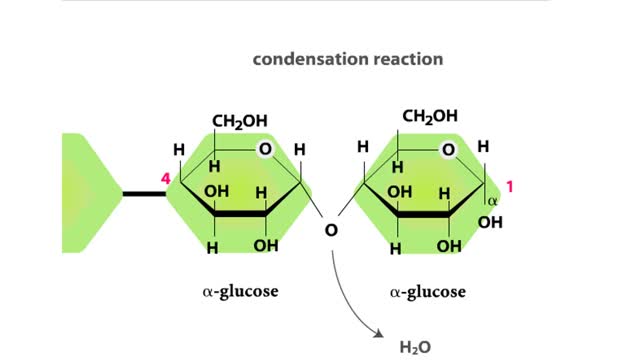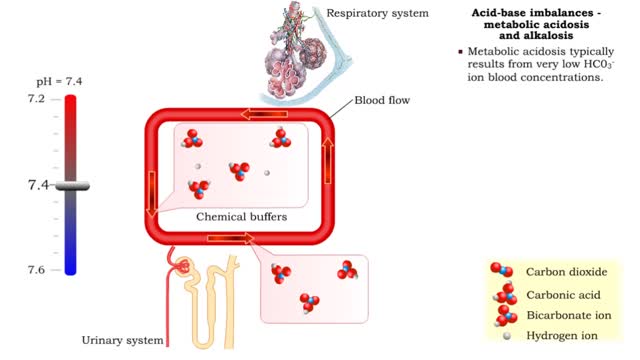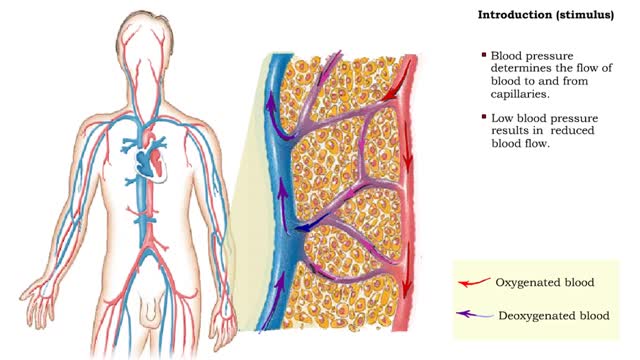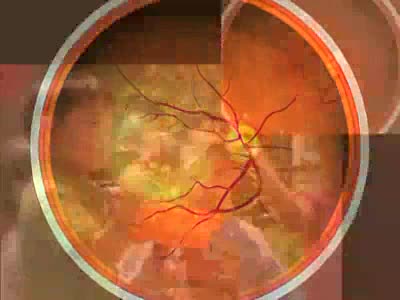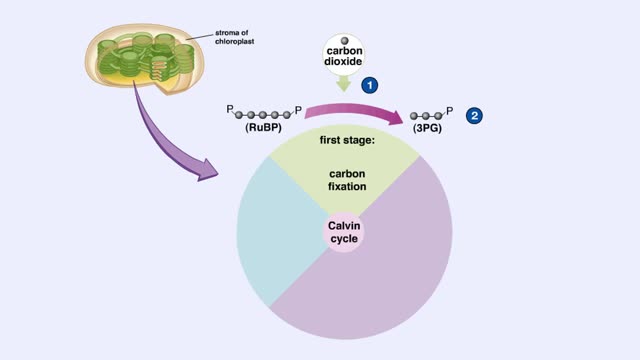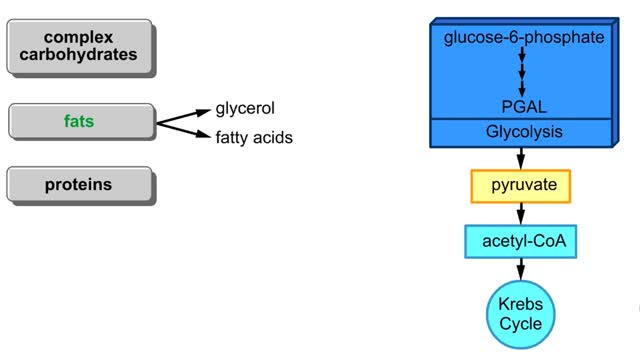Search Results
Results for: 'high sugar'
By: HWC, Views: 10537
More complex sugars are called polysaccharides (from "poly" meaning "many" and "saccharum" meaning "sugar"). Many things in nature are made of polysaccharides. Here we show one of the polysaccharides in corn, another in wood, and another in the exoskeletons of insects like grasshoppers. How are a...
Cellular Respiration & Glucose Mobilization (Glucose transport & Phosphorylation of Glucose)
By: HWC, Views: 10680
Glucose is completely broken down into CO2 and H2O during the process of cellular respiration, which includes 3 stages: 1) glycolysis; 2) the Krebs Cycle; and 3) the electron transport chain. Glucose enters this energy yielding pathway of cellular respiration in the first stage known as...
Major Elements in Biological Molecules: Carbohydrates
By: HWC, Views: 10498
Carbohydrates include simple sugars (monosaccharides) as well as large polymers (polysaccharides). Glucose is a hexose, a sugar composed of six carbon atoms, usually found in ring form. A starch macromolecule is a polysaccharide composed of thousands of glucose units. Glucose molecules can be ...
By: Administrator, Views: 13471
Breast cancer is cancer that develops from breast tissue. Signs of breast cancer may include a lump in the breast, a change in breast shape, dimpling of the skin, fluid coming from the nipple, a newly inverted nipple, or a red or scaly patch of skin. In those with distant spread of the disease, t...
Acid-base imbalances - metabolic acidosis and alkalosis
By: HWC, Views: 10998
• Metabolic acidosis typically results from very low HCO3- ion blood concentrations. • Metabolic alkalosis typically results from very high HCO3- ion blood concentrations.
By: HWC, Views: 10603
• Blood pressure determines the flow of blood to and from capillaries. • Low blood pressure results in reduced blood flow. • High blood pressure can cause blood vessels to break. In humans, sensitivity is due to portions of the nervous system called receptors. Receptors are typicall...
Introduction to Macular Degeneration
By: Administrator, Views: 13955
Macular degeneration An incurable, age-related, progressive eye disease that affects more than 10 million Americans. Leading cause of blindness for those ages 55 and older. Macular degeneration For the first time, researchers have linked gene defects to macular degeneration. Could lead to ...
Calvin cycle (The light-independent reactions )
By: HWC, Views: 10724
The light-independent reactions of photosynthesis occur in the stroma of the chloroplast. Carbon dioxide enters the leaf through tiny pores or stomata and diffuses into the chloroplast. The first stage of the Calvin cycle is the attachment of a carbon dioxide molecule to a 5-carbon ribulose bi...
By: HWC, Views: 5132
Points at which organic compounds enter the reaction stages of aerobic respiration. Complex carbohydrates are broken down into simple sugars, such as glucose. They become the substrates for glycolysis. If your body doesn't need to burn glucose for energy, glucose-6-phosphate can be co...
Advertisement



